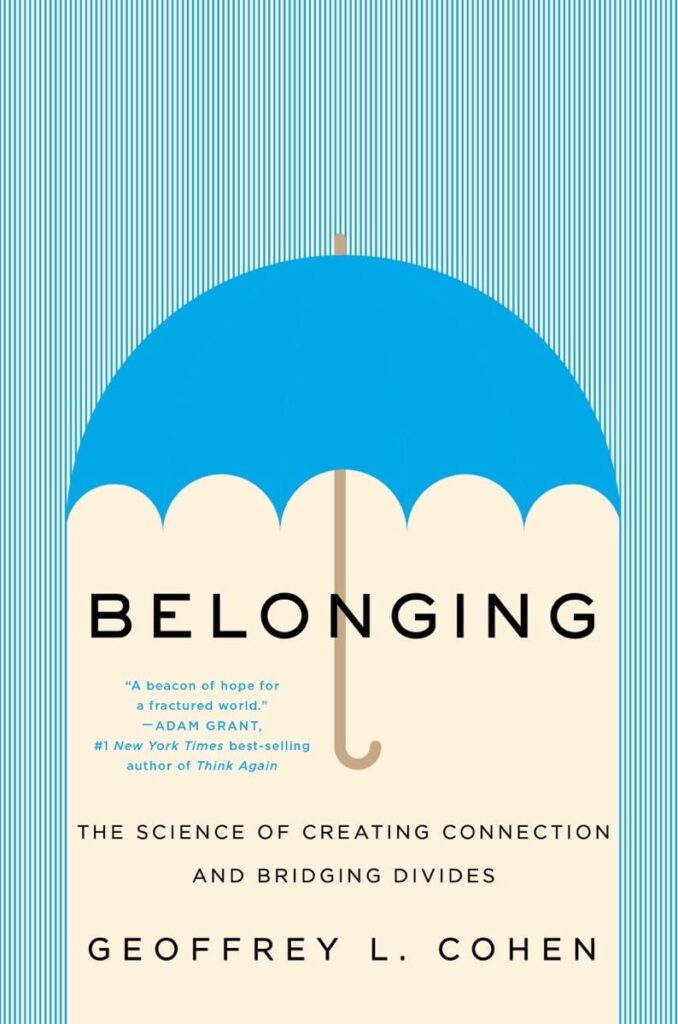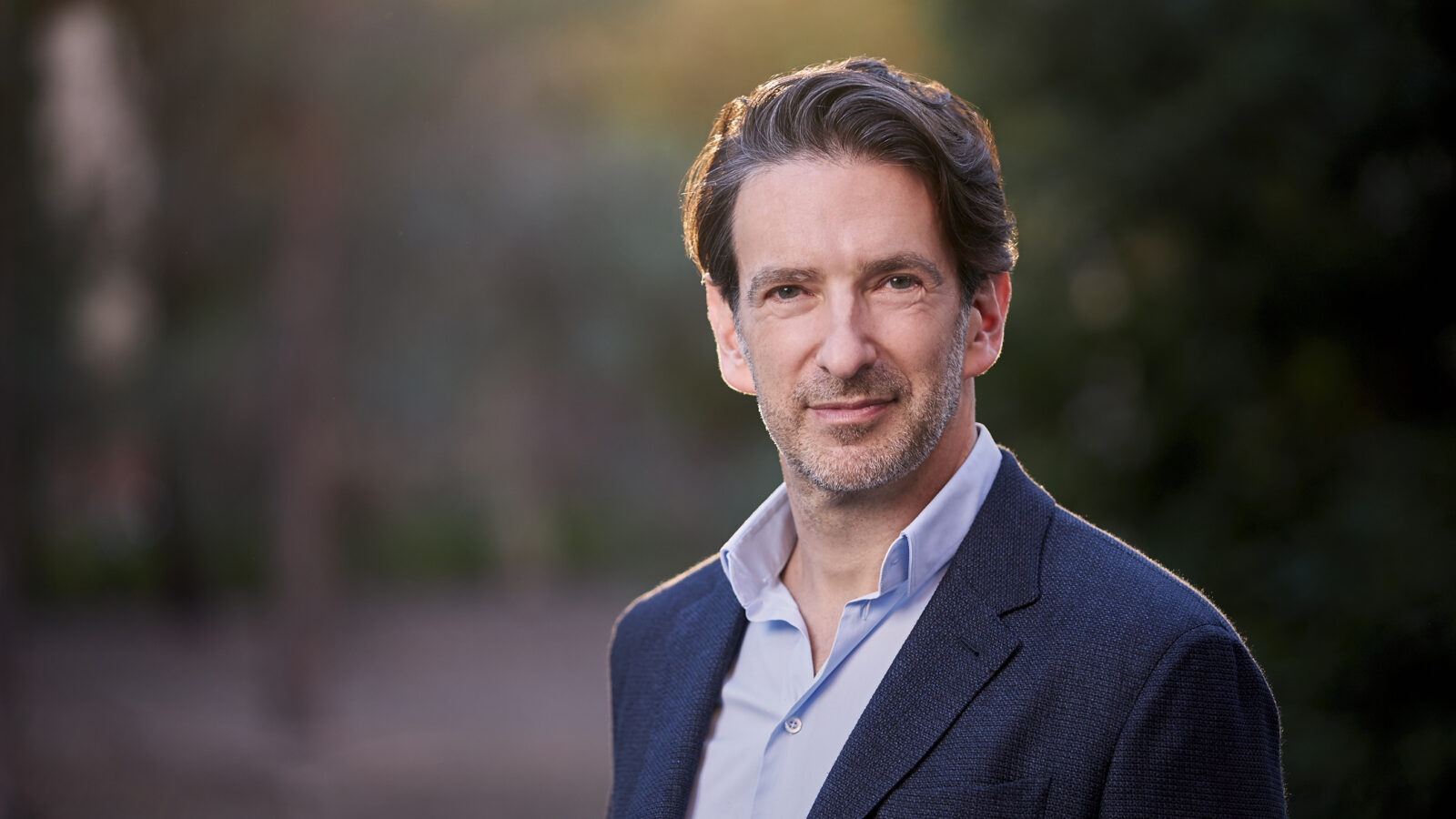Navigating our fast-paced and often disconnected world, concepts like belonging and gratitude have taken on a whole new level of importance. I recently had the amazing opportunity to chat with Geoffrey L. Cohen, Professor of Psychology at Stanford University and author of the award-winning book: Belonging: The Science of Creating Connection and Bridging Divides. Our conversation delved into the profound relationship between belonging and gratitude, and Dr. Cohen’s insights shed light on just how transformative they can be in our lives. Below are some of the insights he shared, offering us valuable wisdom for nurturing a more meaningful life.
Note: For the full interview, listen to our ‘Evolving with Gratitude’ podcast episode, embedded in this article (above) or available on your favorite podcast platform.
Gratitude: Being Seen and Appreciated
When I asked Dr. Cohen to unpack his thoughts on gratitude, he shared, “Gratitude means that you’re being seen and recognized for the beauty of who you are.” The notion of feeling appreciated and acknowledged, can serve as the foundation of experiencing gratitude. In a world that can leave us feeling invisible, our unique qualities buried beneath life’s circumstances, Dr. Cohen’s take reframes gratitude. It becomes a way to counteract that feeling of being overlooked, allowing us to step out of the shadows of under-appreciation.
“Gratitude means that you’re being seen and recognized for the beauty of who you are.”
Dr. Geoffrey L. Cohen
And in a society that seems to thrive on negativity and fixating on our flaws, practicing gratitude is like a powerful antidote. Dr. Cohen’s words drive home the importance of having a grateful disposition. It’s not just about seeking validation from the outside; it’s about recognizing and appreciating our own value as unique and dynamic individuals.
Belonging: The Fusion of Acceptance and Purpose
Belonging, according to Dr. Cohen, is that sensation of being fully embraced by a larger whole while simultaneously fulfilling a significant role within that community. It’s that sense of fitting into a larger puzzle, where our individuality complements a shared mission. The tie between acceptance and purpose is pivotal: when we recognize our contributions matter, when we are seen and appreciated for what we bring to the table, we experience that profound feeling of belonging.
And here, gratitude plays a transformative role. The gratitude we receive for our presence and contributions reinforces our sense of belonging. For instance, in a classroom setting, a teacher’s appreciation for a student’s involvement fosters a stronger connection to learning. Gratitude becomes the catalyst for creating nurturing environments where people genuinely feel they belong. This applies in all facets of our life and the research of the 21st century reveals the importance of belonging from cradle to the grave.
The Battle Against Negativity Bias
Both gratitude and belonging face a common adversary: our built-in negativity bias. This cognitive predisposition causes us to fixate on negative aspects more intensely than the positives. Dr. Cohen calls this one of the “enemies to happiness.” He suggests that we intentionally train our minds to see the positive in ourselves and others through meditation, self-affirmation, and practicing intentional acts of kindness. By doing this, we shift our perspective toward a more uplifting reality, leading to a more fulfilling life.
The Pursuit of Purpose and Wellbeing
The interplay between belonging, gratitude, and purpose is fundamental and intricately woven. Dr. Cohen’s reference to purpose as a “billion-dollar drug” captures the essence of this intersection. Studies have shown that having a sense of purpose, especially one tied to a greater social context, can significantly boost both mental and physical wellbeing. Feeling that our existence matters to a collective purpose strengthens our sense of belonging, and gratitude affirms our place in that collective.
Furthermore, the mind-body connection runs even deeper than we may think. The physiological benefits of gratitude and belonging highlight the intricate link between our mental and physical states. For instance, individuals with a strong sense of purpose show lower inflammation-associated gene activity, revealing how our psychological fulfillment influences our bodily health.
Cultivating Connection in a Digital Age
While Dr. Cohen’s insights offer hope and guidance, they also reveal the challenges of our time. Loneliness and disconnection are alarmingly common, particularly among today’s young adults and teens. The digital age, with its virtual interactions and fleeting attention spans, has unintentionally heightened feelings of isolation. In this scenario, the pursuit of gratitude and belonging becomes essential to counteracting the repercussions of this modern disconnection.
What Does It All Mean?
My conversation with Dr. Geoff Cohen underscores the profound link between gratitude and belonging. Gratitude lays the groundwork by making us feel seen and valued, setting the stage for a sense of belonging. And belonging, in turn, enhances our sense of purpose, weaving a deep connection that propels us forward. In a world overloaded with distractions and negativity, these principles serve as a guiding light. They show us the way to forge genuine connections, conquer isolation, and enrich our lives through the transformative power of gratitude and belonging.
Consider this–What microsteps can we take to create positive and inclusive spaces where everyone feels valued, capable, and connected?
With gratitude,
Lainie



